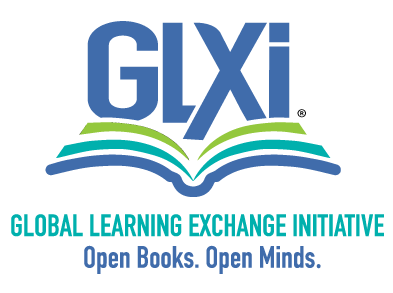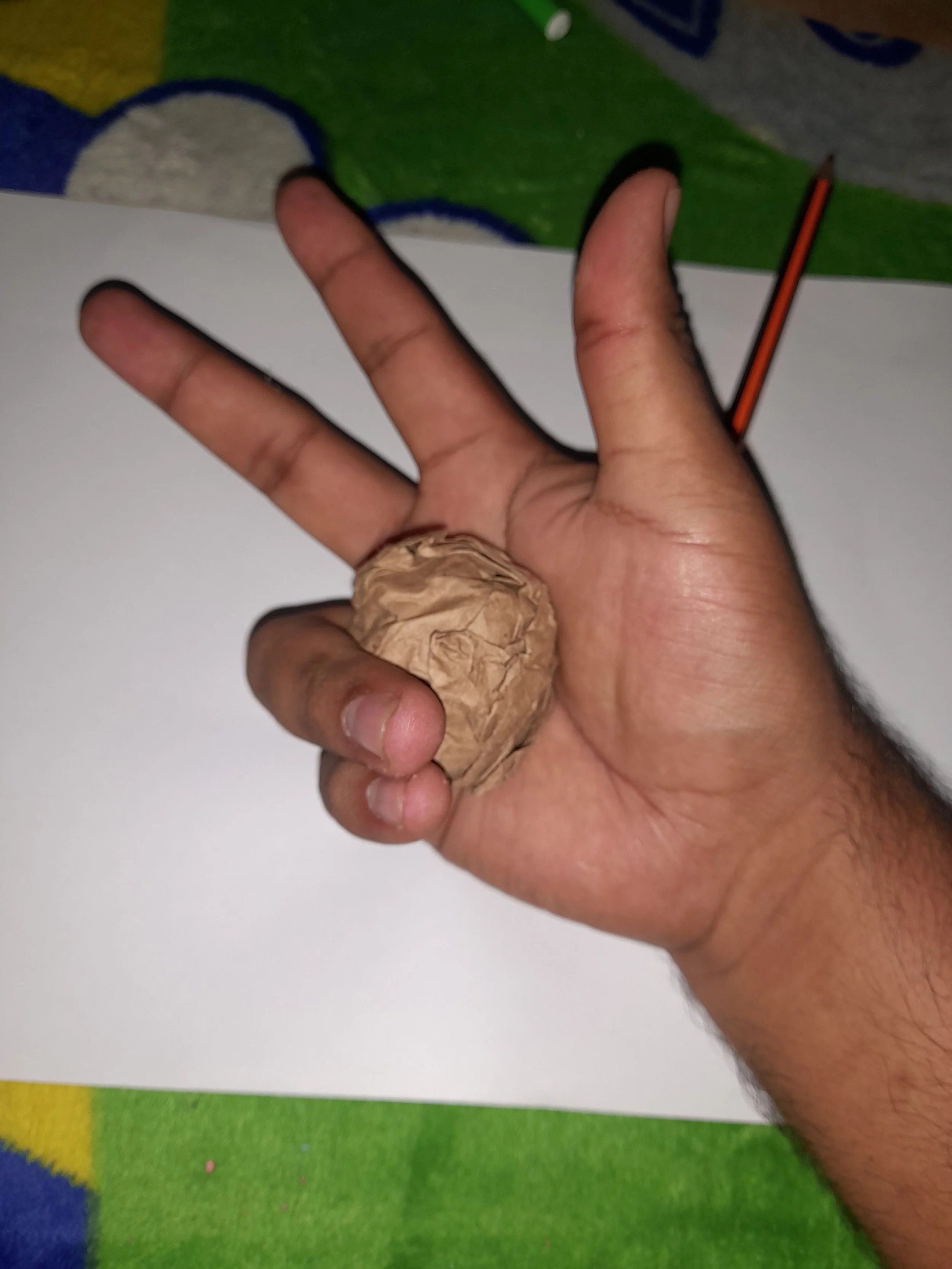Learning Starts Early, So Should GLXi
The boy looked up with a satisfied smile, a glob of red paint still glistening on his finger. Below him, a piece of paper displayed a brightly colored letter A that he had drawn.
The painting exercise was to help with letter recognition and colors — using fun and creativity to jumpstart the writing process.
The smile and satisfaction might be expected in any school, in any country. After all, learning to write letters is a big deal!
But here in Guatemala, it’s an even bigger deal, especially when it comes to pre-primary students.
A pre-primary student practices writing his letters with paint
While a preschool and kindergarten education is fairly ubiquitous in the United States, that is not the case in Guatemala. Many Guatemalan students enter first grade without any prior educational experience, forcing first-grade teachers to contend with a diverse set of abilities while following a common lesson plan.
We’ve long heard from our participating teachers what a challenge this is. And student assessments have shown that it hurts student performance. So we wanted to see if our program could help.
We started our Open Books, Open Minds program ten years ago with a focus on grades one through three. But this year, after listening to teachers, we are rising to the challenge with an ambitious pilot program that brings our curriculum to pre-primary teachers as well.
We are incredibly excited about this initiative.
“Why pre-primary? Because it’s crucial to foster improved readiness among children for their educational journey,” said GLXi’s Guatemala Executive Director, Jaimé Vielman. “This is particularly true when you consider the social and economic circumstances that are prevalent in most of the Guatemalan population, where children already have the deck stacked against them as far as the tools and resources needed for a quality education.”
We believe the educational preparations leading up to first grade are highly beneficial — and, in fact, pivotal — in cultivating skills and nurturing the potential for children’s learning.
This pilot program puts that theory into practice, creating a continuum of early educational opportunities to benefit the students and teachers alike.
The hope is to eventually make the expansion of the program permanent, building upon GLXi’s proven successes and bringing literacy tools to even more teachers and students in Guatemala.
“Learning does not start once a child enters first grade. Ask any parent,” said Ana Schulz, GLXi’s United States Executive Director. “Children are constantly learning, from the very beginning. If we can harness that energy in the pre-primary years, then our program can be even more effective once those kids reach grades one through three.”
THE PRE-PRIMARY CLASSROOM
Currently, there are eight pre-school teachers undergoing training: three in Guatemala City, four in Sacatepéquez, and one from Baja Verapaz.
These teachers will receive the complete OBOM program and acquire tools for establishing a strong literacy foundation in the students they are educating.
Just what does that mean?
It might mean teaching students the proper way to hold a pencil or crayon, or working on vocabulary. It could be using a matching game to learn letters, or storytelling with images to help strengthen word associations.
A paper ball is used to teach the proper way to grip a pencil or crayon.
The goal is to give the teachers the tools to do what they do best — teach. This aligns with our belief that we should treat the pre-primary grades as a precursor to those grades that follow, not an afterthought.
The teachers in our pilot program say they are particularly grateful for the access they now have to physical books that the children can use. Classroom items like books, or manipulative learning tools, are often in short supply for pre-primary teachers. They are reserved for older age groups where there is less risk that they might be damaged.
In the United States, we often take these types of resources for granted. But for these teachers, providing the physical tools along with the curriculum support creates a unique and unparalleled opportunity to teach.
“The preschool education teachers who are currently participating feel motivated and grateful,” said Vielman. “They now have the tools to work on those fundamental skills that are so important for foundational literacy — motor skills, attention, memory, and consequently, language.”
Measuring success
Because early childhood and pre-school education is optional in Guatemala, there is an implied assumption that the real learning doesn’t start until first grade.
But we know that having educational opportunities early on can enhance problem solving skills, provide cognitive readiness and stimulate various areas of the brain — supporting language acquisition and communication throughout one’s life.
By driving continuous improvement and teacher training, we are setting these kids up for success not just in elementary school, but also for years to come.
Upon completion of the program, we will invite participating preschool teachers to join our evaluation and impact program, using the IDEL assessment (Indicators of Dynamic Early Literacy) to measure the proficiency level of their students in reading.
Among the participating teachers, we expect to see progress in instructional planning, didactic creation and teaching methodology.
Our hope next year is to reintroduce and sustain the program, given that several primary schools in Guatemala already have a preschool level within the school.
Eventually, we’d like to expand the OBOM program to include supplementary training on the topics of readiness in communication and language, skills for communication and language, as well as complex thinking in reading and writing.
These topics will be valuable not only for preschool teachers, but also for educators in the primary grades who receive children who have not attended preschool and thus have limited or inadequate preparation for reading and writing.
We promise to update you as this program progresses!
You can help support initiatives like these. Donate to GLXi here.



